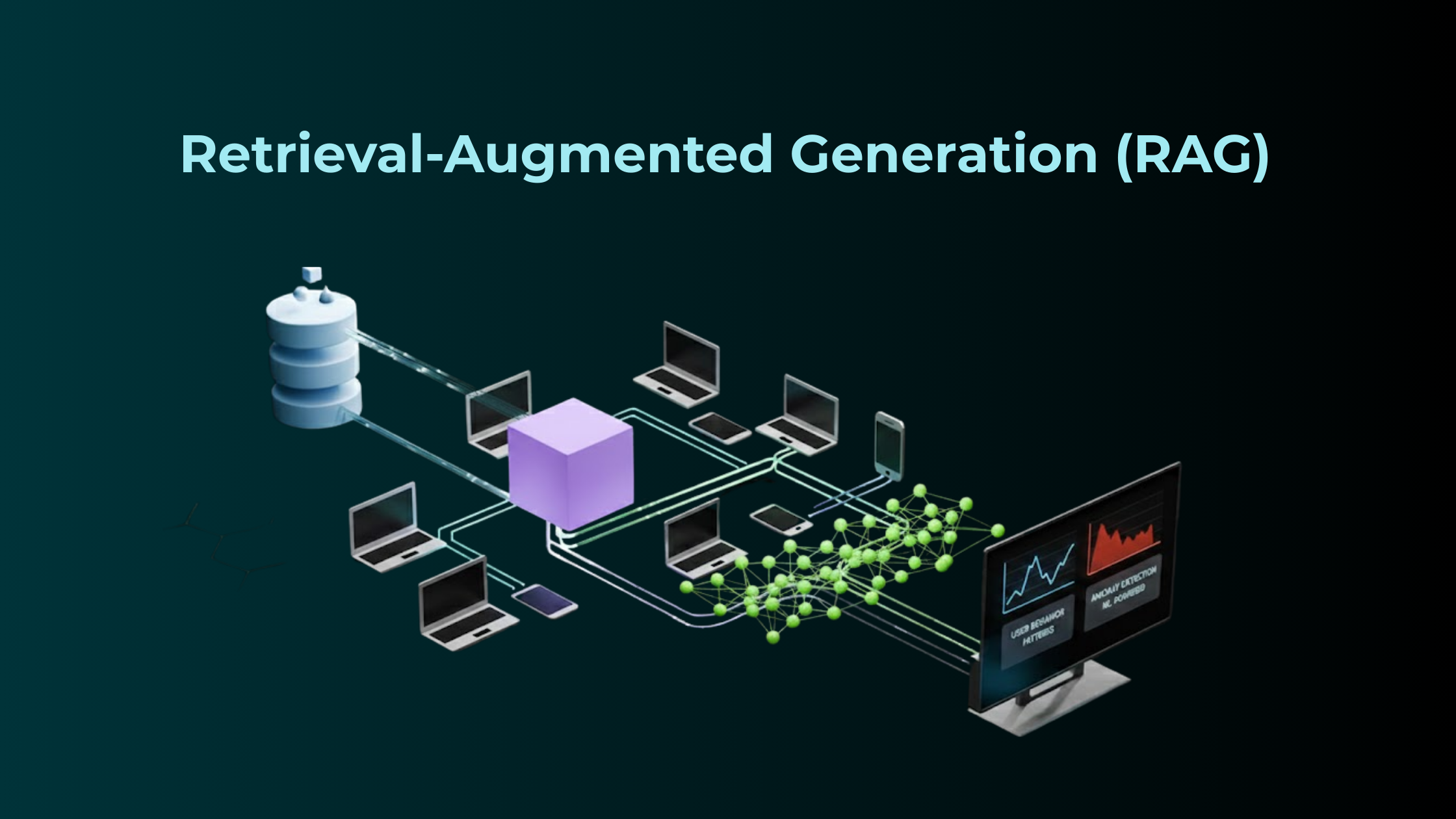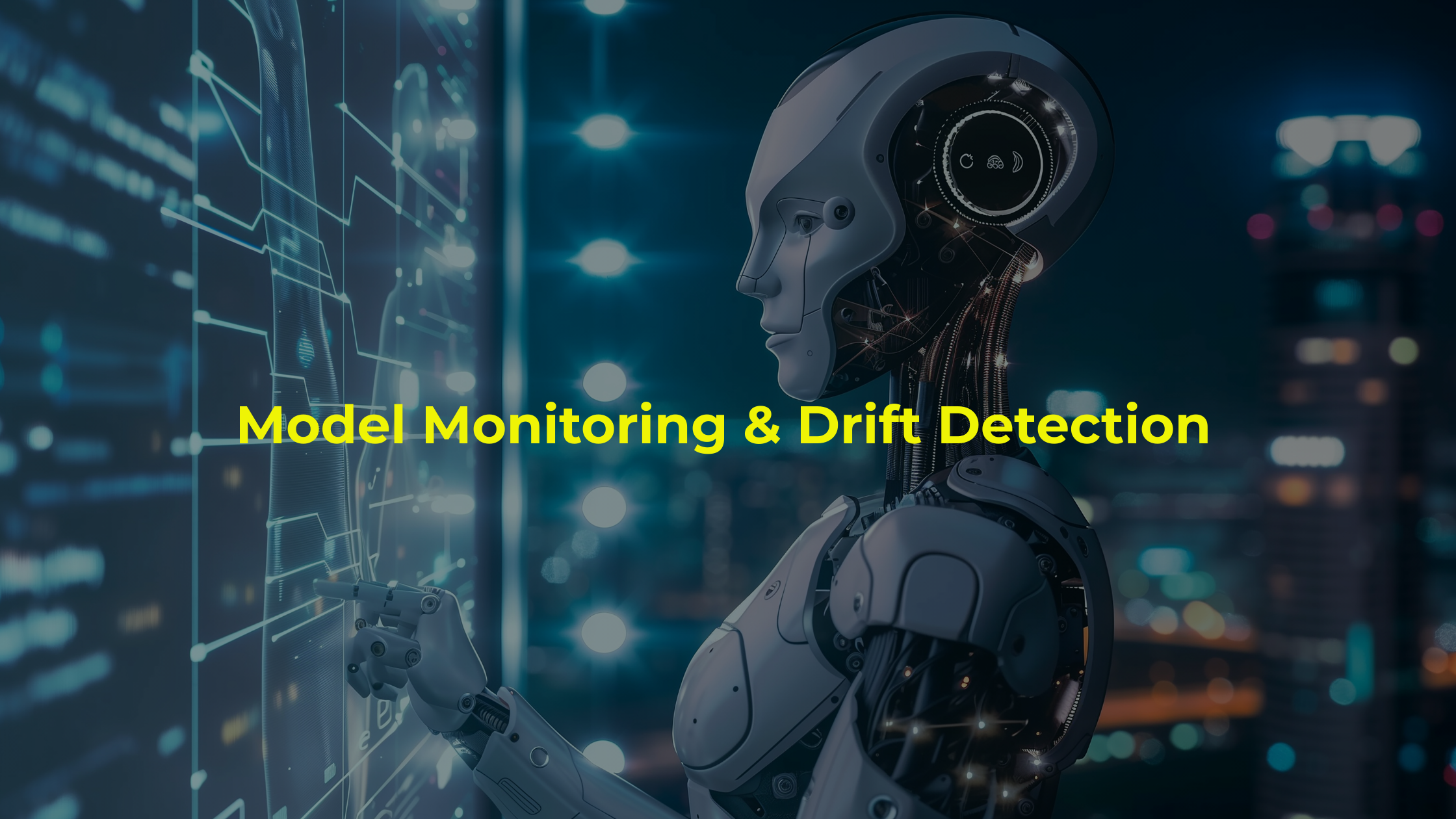In today’s world of advanced technology, businesses are constantly looking for new ways to enhance their operations. One innovative approach that is gaining momentum is the use of generative AI algorithms. Generative AI is a subfield of artificial intelligence that enables machines to learn patterns from data and generate new content or output based on that learning. This can help businesses automate and optimize various processes, such as content creation, customer service, and product development. In this blog post, we will explore how generative AI can help improve your business and provide some examples of successful implementations.
Understanding Generative AI
Generative AI, also known as creative AI, is an advanced technology that allows computers to learn and create their own content, such as images, music, and text. This is accomplished by feeding the system large amounts of data and using complex algorithms to analyze and generate new output.
But how is Generative AI beneficial for businesses?
One major benefit is that it can help companies streamline their processes and operations. For instance, generative AI can be used to develop personalized content for marketing purposes, which can save companies time and resources while still targeting the right audiences. Additionally, generative AI can assist with data analysis, forecasting, and other tasks that may otherwise be time-consuming or labor-intensive.
Another benefit of generative AI is its ability to improve customer experiences. For example, businesses can use generative AI to create chatbots that can answer customers’ questions and resolve issues more quickly and efficiently. This can help increase customer satisfaction, which in turn can lead to higher retention rates and improved revenue.
Finally, generative AI can also be used for research and development purposes. For example, pharmaceutical companies can use generative AI to develop new drugs and treatments more quickly and effectively. This can lead to faster innovation and breakthroughs in various fields.
In summary, generative AI has a variety of benefits for businesses, including streamlining operations, improving customer experiences, and facilitating research and development. As such, it’s important for companies to consider how they can leverage this technology to stay competitive and innovate in their respective industries.
How Generative AI Can Help Businesses
As with any emerging technology, it’s natural to question its practical applications. How is generative AI beneficial for businesses? Let’s explore some of the ways:
- Enhanced creativity: Generative AI can create unique designs, music, and even stories. By leveraging generative AI algorithms, businesses can streamline their creative processes and free up more time for strategic planning.
- Improved decision-making: With its predictive capabilities, generative AI can help businesses make more informed decisions. For instance, it can forecast demand for a product or service, detect anomalies in data, or even predict which content will resonate best with customers.
- Personalization at scale: In today’s competitive landscape, personalization is crucial for delivering an exceptional customer experience. Generative AI can help businesses achieve this at scale by analyzing customer data and generating tailored recommendations or content.
- Operational efficiency: Generative AI can automate mundane or repetitive tasks, freeing up time for employees to focus on higher-value work. It can also optimize processes, reducing errors and costs while increasing productivity.
- Competitive advantage: As generative AI becomes more prevalent, businesses that don’t leverage it may find themselves falling behind the curve. Adopting this technology can provide a significant competitive advantage by enhancing efficiency, driving innovation, and improving the overall customer experience.
In summary, generative AI has enormous potential to revolutionize the way businesses operate, from streamlining creative processes to enhancing decision-making and personalization at scale. As with any technology, it’s important to consider the potential challenges and risks before implementing generative AI. But with the right approach, businesses can harness this cutting-edge technology to drive growth, increase efficiency, and deliver an exceptional customer experience.
Examples of Generative AI in Action
Generative AI algorithms are being increasingly implemented across various industries and businesses worldwide. From creating realistic imagery to automating content creation, the applications of generative AI are manifold. Here are some examples of how generative AI is beneficial for businesses:
1. Content Creation:
Generative AI algorithms can create high-quality, personalized content such as articles, product descriptions, and social media posts, that resonate with customers. By leveraging customer data and using natural language processing, generative AI can provide personalized and relevant content to individual users.
2. Creative Design:
Designers and artists can leverage generative AI to create unique, complex designs for products, logos, and branding. By feeding the algorithm specific parameters and goals, generative AI can create customized designs that meet a company’s specific requirements.
3. Fraud Detection:
Generative AI can also be utilized for fraud detection and prevention by identifying anomalies and predicting fraudulent activities based on patterns in customer behavior.
4. Product Design:
Generative AI algorithms can help businesses create more efficient product designs by simulating the manufacturing process and identifying potential areas for improvement.
5. Image and Video Generation:
Generative AI can be used to create high-quality images, animations, and videos, which can be used in marketing, advertising, and other promotional materials. For example, fashion and retail businesses can use generative AI to create virtual product catalogues or to generate models with specific body types and styles.
6. Customer Service:
Generative AI can help companies automate customer service, by using natural language processing to create virtual assistants that can respond to customers’ inquiries and provide relevant information.
Implementing Generative AI in Your Business
Now that we understand the benefits of generative AI for businesses, it’s time to consider implementing it in your own company. Here are some key steps to take:
1. Define Your Goals:
Before implementing generative AI, it’s important to clearly define your goals. What problem are you trying to solve? What outcome do you hope to achieve? Once you have a clear understanding of your goals, you can begin to explore which generative AI algorithm might be the best fit for your needs.
2. Choose the Right Generative AI Algorithm:
With so many generative AI algorithms available, it can be difficult to choose the right one for your business. Take the time to research the different options and consider factors such as accuracy, speed, and ease of use. Consult with experts in the field to get their recommendations.
3. Gather and Clean Your Data:
Generative AI algorithms rely heavily on data to generate insights and solutions. Ensure that you have a robust dataset to work with and that it is cleaned and organized appropriately. If necessary, consider hiring a data scientist or specialist to help you prepare your data.
4. Develop and Test Your Model:
Once you have selected your algorithm and prepared your data, it’s time to develop and test your model. This can be a time-consuming process, but it is critical to ensuring the accuracy and effectiveness of your generative AI solution. Work with your team to ensure that your model is robust and that it is tested thoroughly before implementation.
5. Monitor and Refine Your Solution:
Even after implementation, it’s important to continue monitoring and refining your generative AI solution. Analyze the data that your solution is generating and adjust your algorithms as needed. Continually evaluating and improving your generative AI solution can help ensure that it is providing maximum benefit to your business.
By following these steps, businesses can successfully implement generative AI solutions to solve complex problems, improve efficiency, and increase revenue. But as with any new technology, there are also potential challenges and risks to consider. In the next section, we’ll explore these factors in more detail.
Potential Challenges and Risks of Using Generative AI
While Generative AI has enormous potential to help businesses in various ways, there are also potential challenges and risks to consider. Here are a few that businesses should be aware of:
- Data privacy and security: Generative AI algorithms rely heavily on large amounts of data to generate new content. However, businesses need to ensure that the data they use for training these algorithms is secure and complies with privacy laws and regulations. Any data breaches can result in reputational damage and legal consequences.
- Bias in generated content: AI algorithms can unintentionally perpetuate biases in the data that they use to generate content. This is especially true if the data used to train the algorithm contains inherent biases. As a result, businesses need to be cautious and take steps to mitigate any bias that may creep into the generated content.
- Technical limitations: Generative AI algorithms can only generate content within the limits of their training data. If the data is limited or incomplete, the generated content may not be as accurate or relevant as desired. Moreover, the complexity and cost of building a Generative AI system can be daunting, making it difficult for some businesses to implement it successfully.
- Legal and ethical issues: There are ethical concerns related to the use of Generative AI in business, such as its potential impact on employment, consumer rights, and safety. Businesses must comply with legal and ethical requirements when deploying AI in their operations.
Despite these challenges, Generative AI can still provide businesses with tremendous benefits if used correctly. The key is to address the challenges and mitigate the risks to maximize the value of AI-generated content for businesses.
The Future of Generative AI in Business
Generative artificial intelligence has limitless potential. Although it is in its infancy, the possibilities are endless. Businesses can revolutionize how they operate with new technologies, including personalized product recommendations and modeling things virtually.
Thanks to generative AI, companies will be able to provide greater service to customers by making goods and services tailored to their tastes. The market will experience an uptick in sales and the business will become more effective.
The use of technology can provide various businesses with unique and engaging content without spending a lot of time and money, which is good for businesses on social media, email marketing, and website material.
Artificial Intelligence will also have a major impact on Virtual Reality and Augmented Reality. Businesses will be able to create realistic VR experiences for their customers using models and environments that mimic their business in real life. When looking for jobs, this is quite useful for entertainment and tourism related companies.
There are risks in using AI such as creating fake news and using AI in a way that’s not ethical. If businesses want to use AI, they need to be aware of these risks.
Visit Internet Soft for the latest tech trends and insights around AI, ML, Blockchain, along with NeoBanking and timely updates from industry professionals!
Need assistance or have questions? Reach out us at Sales@internetsoft.com.






